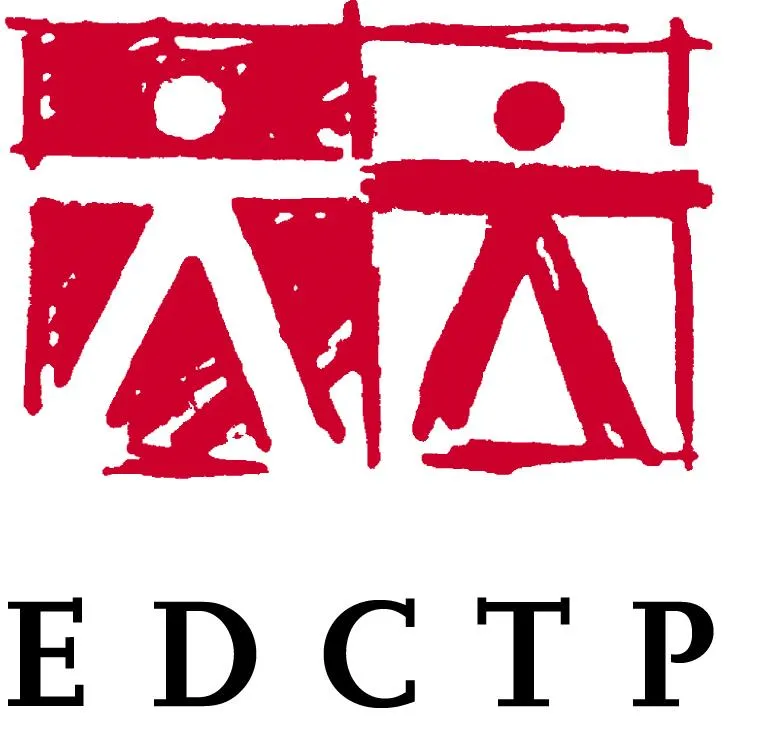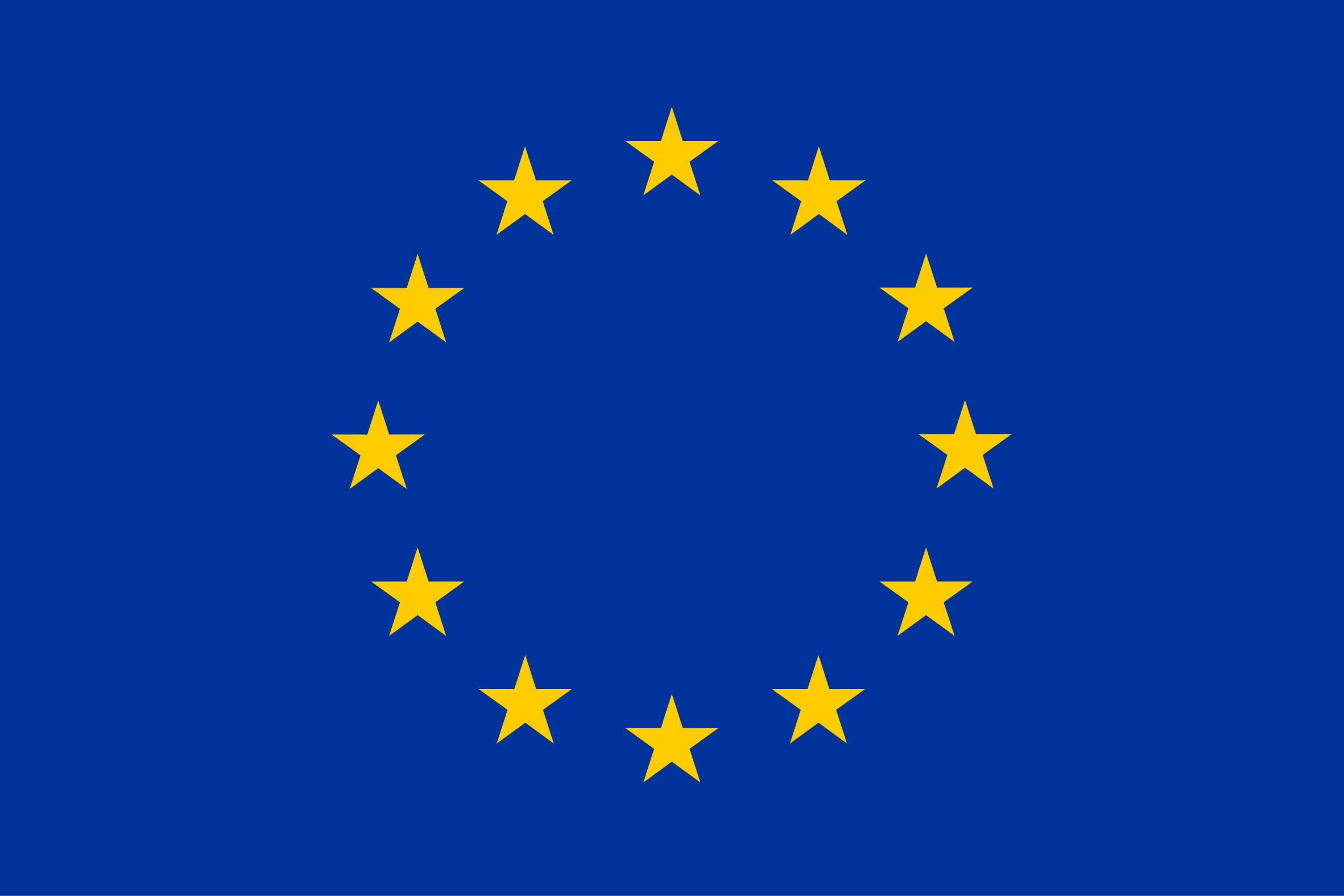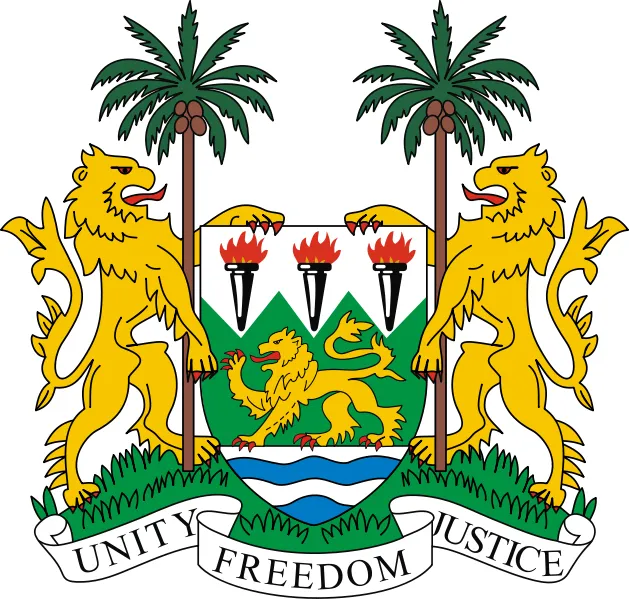SERCLe - Strengthening Ethics and Regulatory Capacity in Sierra Leone
Increasing health research in low-income countries (LICs), who often face the greatest burden of disease, is a vital component of efforts to combat global health inequality. Yet the benefits also come with major challenges for research governance. In Sierra Leone, the number of applications has risen almost 10-fold in the last decade, and increasingly complex studies (involving vulnerable patients, high biohazard risk, novel therapeutics and diagnostics) have become more common place.
The Sierra Leone Ethics and Scientific Review Committee (SLESRC, the National Ethics Committee) and the Pharmacy Board of Sierra Leone (PBSL, the National Regulatory Authority) face major capacity challenges in carrying out their mandates to perform ethical and regulatory oversight of research. These include: a lack of infrastructure; limited financial and administrative support; a small pool of expert reviewers and regulators; and a lack of comprehensive governance structures.
Aims
The SERCLe project aims to strengthen research ethics governance, technical expertise and operational capacity in Sierra Leone in order to ensure research is conducted in a contextually appropriate and rigorous manner, to protect the rights of participants and promote positive impact of research.
Specific objectives of the project are to:
- Strengthen ethics governance, including the development of policy, guidelines and standard operating procedures
- Improve collaboration between SLESRC and PBSL and SLESRC’s oversight of Institutional Review Boards (IRBs)
- Strengthen links with regional and international organisations
- Develop technical capacity of individuals
- Develop institutional capacity to conduct ethics and regulatory training.
Methods
At baseline, we will conduct an institutional capacity assessment through a desk review and stakeholder consultation, and review best practice globally. We will then hold a workshop to review findings and develop context specific interventions with local buy-in. The project will be delivered across five work packages by a consortium built on a long-standing partnership in research capacity building and health systems strengthening:
- Ethics governance – developing policies, guidelines and SOPs to govern the work of SLESRC
- Technical expertise – developing the technical expertise of reviewers and regulators across the country and enhancing local institutional training capacity
- Operational capacity – developing systems and expertise in administrative and financial operations
- Project management
- Dissemination
Throughout all work packages, attention will be given to developing institutional capacity and strengthening networks to ensure sustainability beyond the end of the project.
This project is part of the EDCTP2 programme supported by the European Union.
Our Partners

Principal Investigator
Affiliations
Funding
Funding Body: European and Developing Countries Clinical Trials Partnership
Amount: €299,990
Period: April 2020 - April 2022



